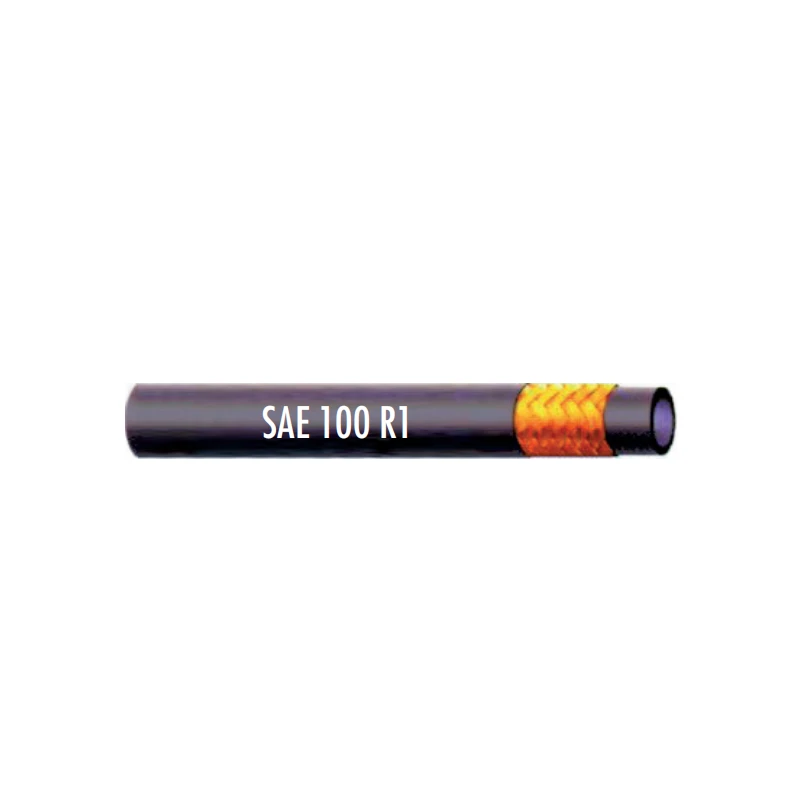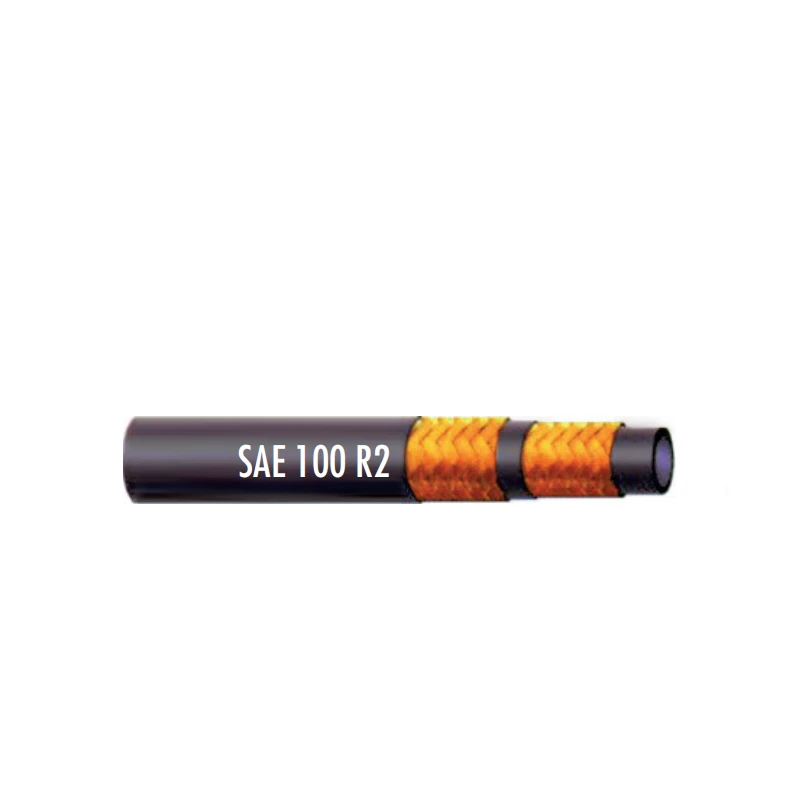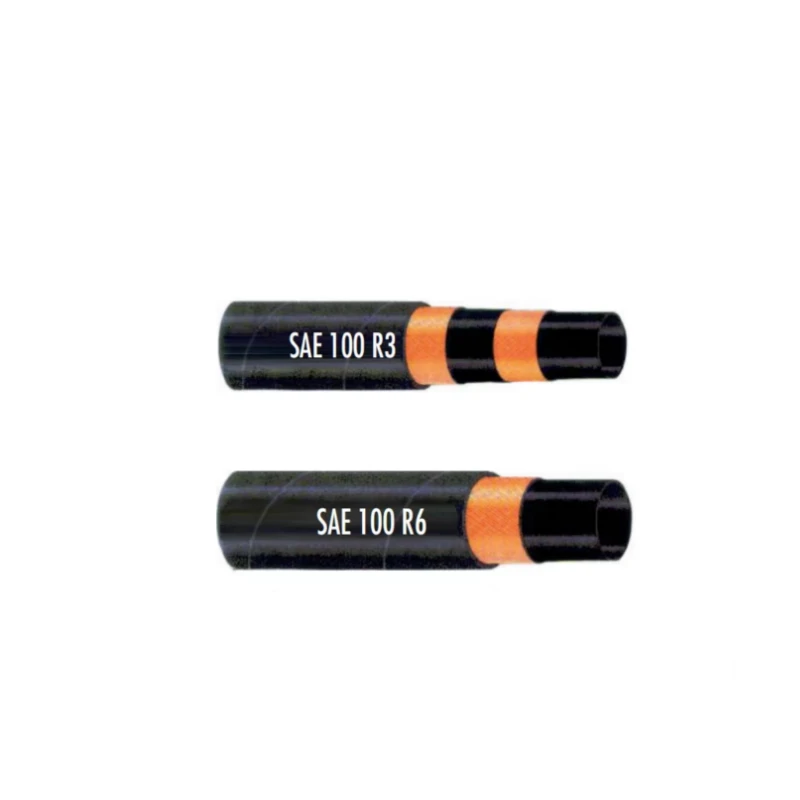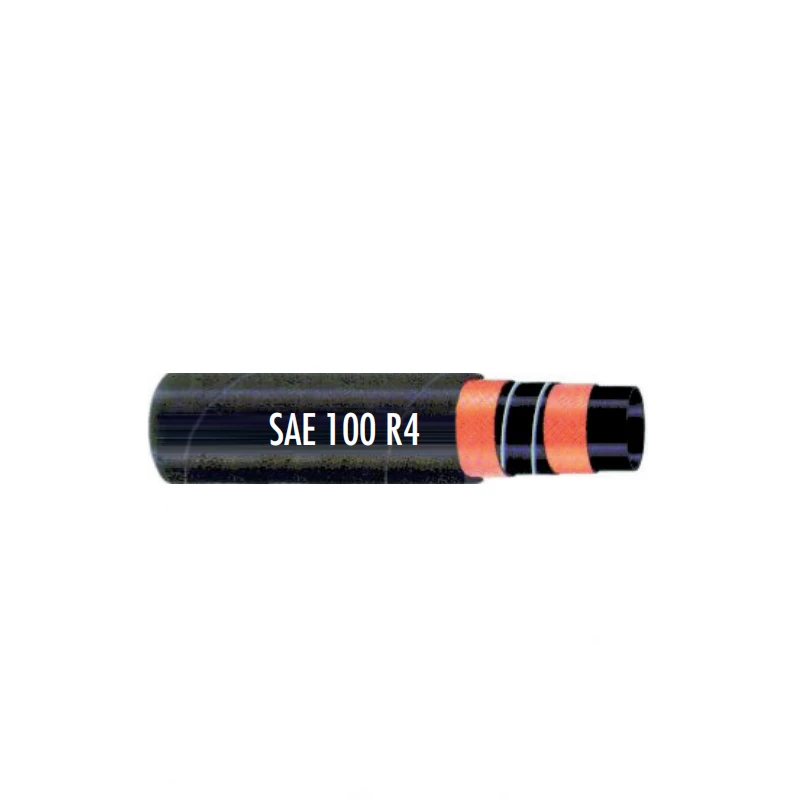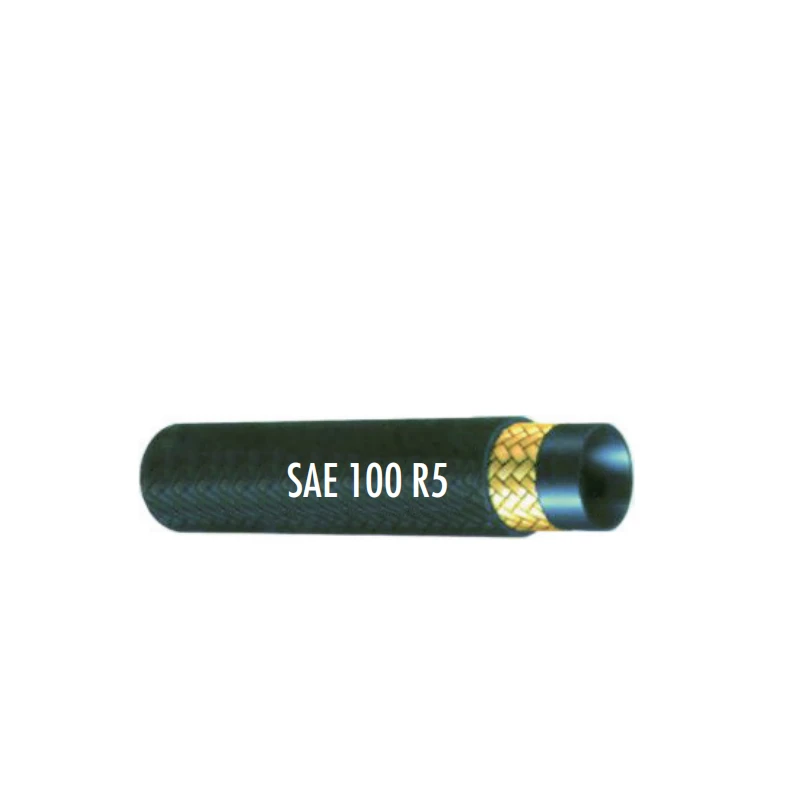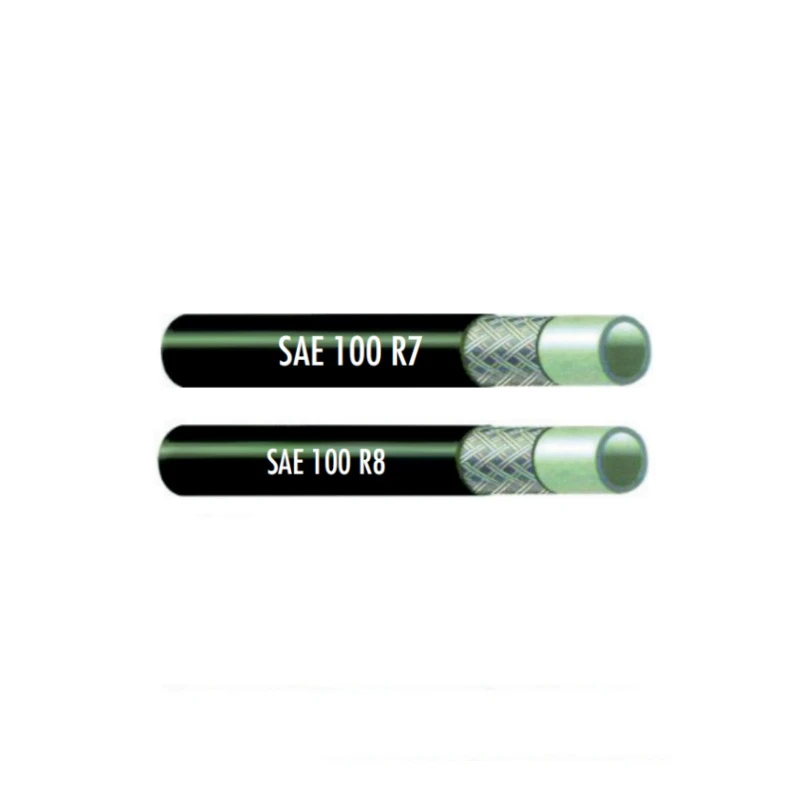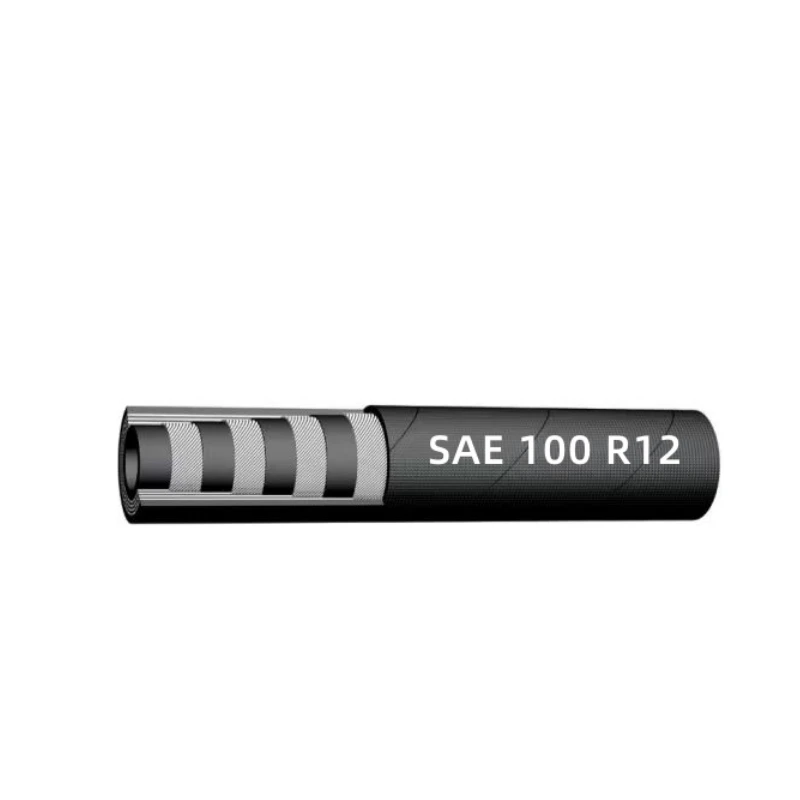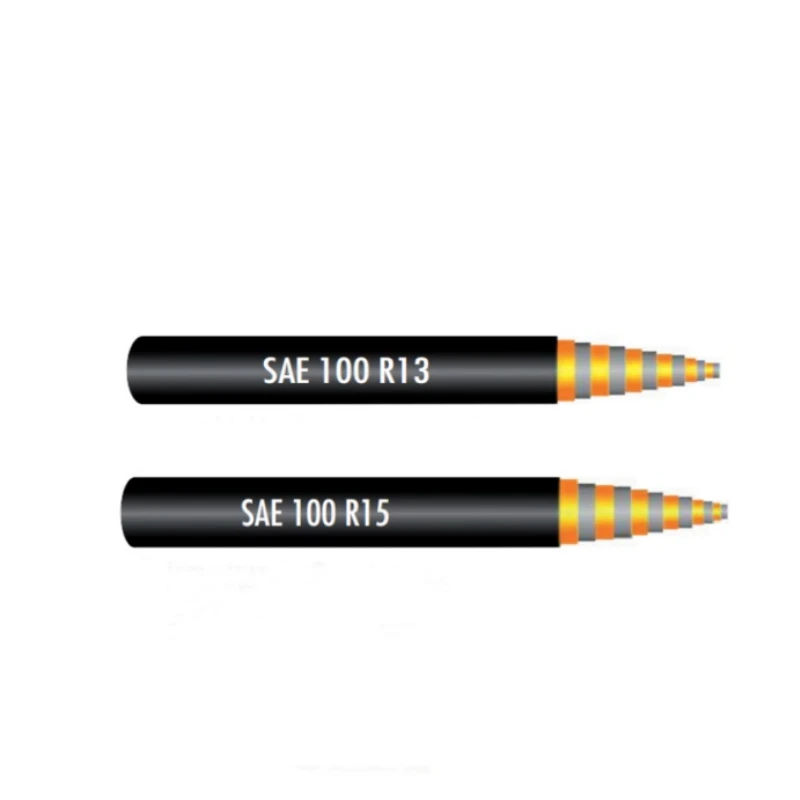
- Afrikaans
- Albanian
- Amharic
- Arabic
- Armenian
- Azerbaijani
- Basque
- Belarusian
- Bengali
- Bosnian
- Bulgarian
- Catalan
- Cebuano
- Corsican
- Croatian
- Czech
- Danish
- Dutch
- English
- Esperanto
- Estonian
- Finnish
- French
- Frisian
- Galician
- Georgian
- German
- Greek
- Gujarati
- haitian_creole
- hausa
- hawaiian
- Hebrew
- Hindi
- Miao
- Hungarian
- Icelandic
- igbo
- Indonesian
- irish
- Italian
- Japanese
- Javanese
- Kannada
- kazakh
- Khmer
- Rwandese
- Korean
- Kurdish
- Kyrgyz
- Lao
- Latin
- Latvian
- Lithuanian
- Luxembourgish
- Macedonian
- Malgashi
- Malay
- Malayalam
- Maltese
- Maori
- Marathi
- Mongolian
- Myanmar
- Nepali
- Norwegian
- Norwegian
- Occitan
- Pashto
- Persian
- Polish
- Portuguese
- Punjabi
- Romanian
- Russian
- Samoan
- scottish-gaelic
- Serbian
- Sesotho
- Shona
- Sindhi
- Sinhala
- Slovak
- Slovenian
- Somali
- Spanish
- Sundanese
- Swahili
- Swedish
- Tagalog
- Tajik
- Tamil
- Tatar
- Telugu
- Thai
- Turkish
- Turkmen
- Ukrainian
- Urdu
- Uighur
- Uzbek
- Vietnamese
- Welsh
- Bantu
- Yiddish
- Yoruba
- Zulu

Desemba . 05, 2024 20:02 Back to list
Gas Cylinder Hose Options for Safe and Efficient Use
Understanding Gas Bottle Hoses A Comprehensive Guide
Gas bottle hoses are essential components in various applications, primarily in residential and commercial settings where the use of gas is frequent. These hoses are responsible for transferring gas from a pressurized cylinder, commonly known as a gas bottle, to appliances such as stoves, heaters, and grills. Understanding the characteristics, types, maintenance, and safety precautions related to gas bottle hoses will help consumers make informed choices and ensure safe usage.
What is a Gas Bottle Hose?
A gas bottle hose is a flexible pipe designed to transport gas safely and efficiently from a cylinder to an appliance. Typically made of rubber or a synthetic material, these hoses are engineered to withstand the pressures associated with gas, preventing leaks and ensuring a steady flow. The hoses are often color-coded red for propane and blue for butane, helping users easily identify the type of gas they are handling.
Types of Gas Bottle Hoses
There are several types of gas bottle hoses, each suited for specific applications
1. LP Gas Hoses These hoses are commonly used for liquefied petroleum gas (LPG) applications, such as grills and heaters. They can handle high pressure and are available in various lengths.
2. Industrial Gas Hoses Used in commercial settings, these hoses are designed for more demanding tasks. They are usually made of reinforced materials to handle heavier use.
3. High-Pressure Hoses These specialized hoses are designed for applications that require a larger flow rate and can handle higher pressure levels.
When selecting a hose, it is essential to consider the pressure requirements, the type of gas being used, and the specific application to ensure optimal performance and safety.
Maintenance of Gas Bottle Hoses
To ensure the longevity and safe operation of gas bottle hoses, regular maintenance is crucial. Some key maintenance tips include
gas bottle hose
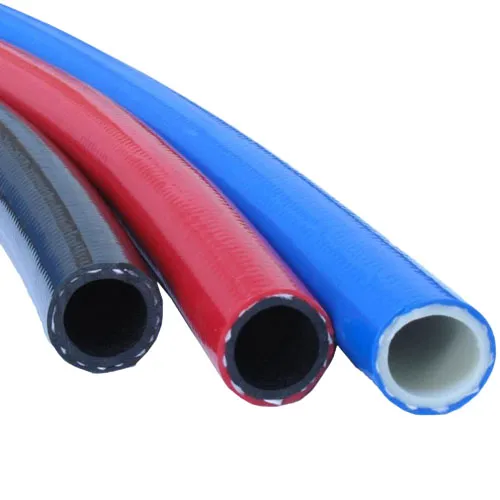
- Regular Inspections Check hoses for signs of wear and tear, cracking, or bulging. If any problems are noted, the hose should be replaced immediately.
- Proper Storage Store hoses in a cool, dry place, away from direct sunlight and extreme temperatures, which can degrade the material over time.
- Use Appropriate Attachments Ensure that fittings and attachments are compatible with the hose specifications to avoid leaks.
Safety Precautions
Safety is paramount when using gas bottle hoses. Here are essential precautions to take
- Check for Leaks Before using a gas bottle, conduct a leak test by applying soapy water to connections. Bubbles indicate a leak that needs immediate attention.
- Secure Connections Make sure that all connections are tight and secure to prevent gas from escaping.
- Ventilation Always use gas-powered appliances in well-ventilated areas to avoid the build-up of harmful gases.
- Emergency Plan Have a clear emergency plan in case of a gas leak, which includes turning off the gas supply and evacuating the area.
Conclusion
Gas bottle hoses play a crucial role in safely transporting gas to various appliances in our homes and businesses. With a proper understanding of their types, maintenance, and safety precautions, users can ensure that they use these hoses effectively and safely. In today's world, where gas is a vital energy source, taking the necessary measures to maintain gas bottle hoses can prevent accidents and enhance the efficiency of gas appliances. Always remember that safety comes first, and when in doubt about gas connections or hoses, it’s always best to consult a professional.
Latest News
Steel Wire Reinforced Hydraulic Hose SAE 100 R1 / EN853 1SN S
NewsOct.17,2024
Two Layers Steel Wire Reinforced Hydraulic Hose SAE 100 R2 / EN853 2SN
NewsSep.03,2024
Textile Braid Reinforced Hydraulic Hose SAE100 R3+R6
NewsSep.03,2024
Textile Reinforced Hydraulic oil Suction Hose with embedded Steel Wire SAE 100 R4
NewsSep.03,2024
Single Wire Braid and Textile Covered Hydraulic Hose SAE 100 R5
NewsSep.03,2024
High Pressure Thermoplastic Hydraulic Hose SAE 100 R7 / EN855 R7 - SAE 100 R8 / EN855 R8
NewsSep.03,2024
Heavy Duty Four-layer Steel Wire Spiral Reinforced Hydraulic Hose SAE100R9+R10+R12
NewsSep.03,2024
Heavy Duty Multi-layer Steel Wire Reinforced Hydraulic Hose SAE100R13 SAE100R15
NewsSep.03,2024
Latest Products
